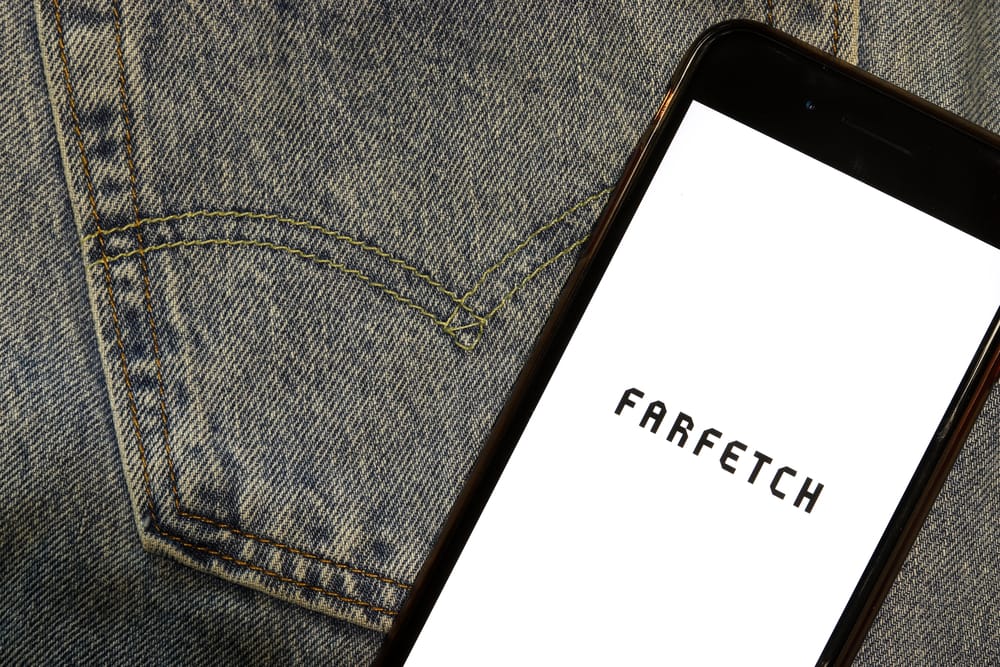Brand challenges remain at Farfetch.

Online luxury retailer Farfetch has been acquired by South Korea-based e-commerce group Coupang, thereby saving it from insolvency, but it still faces the challenge of attracting the major luxury brands onto its online store, which has dogged its progress over the years.
Coupang, along with investment firm Greenoaks Capital Partners, has provided a $500 million bridging loan to enable Farfetch to continue providing its online platform and technology to brands and boutiques around the world thereby enabling them to sell their products to shoppers globally.
The acquisition represents a severe downturn in the fortunes of Farfetch that shone brightly as a star of the e-commerce firmament, especially as it looked to have successfully cajoled a critical mass of major luxury goods brands to sell their products on its online platform. Many of them had not only been incredibly reluctant to supply products to third-parties for sale down any channel but they saw online as particularly incongruent with their brand positions.
Initially Farfetch developed a marketplace-type model to sell the products of small traditional store-based boutiques around the world on its website but this was broadened out to also involve holding the stock in some cases – having entered into wholesale agreements with brands. It also acquired a number of businesses such as New Guards Group with its Off-White and Palm Angels brands, and Stadium Goods, to further bolster its brand representation.
Although some big name brands such as Gucci and Burberry agreed to sell via the Farfetch platform there has in recent years been a broad move away from the wholesale model by many major luxury brand houses. They have sought to more fully control their distribution channels. This ensures they control the quality of the retailing environment, retain greater margin, and have better management of inventory volumes in circulation. The like of Hermès and Chanel have continued to refuse to sell through any third-party including Farfetch.
These difficulties have ultimately contributed to the value of Farfetch falling from a peak of as much as $24 billion in 2021 to a figure of around $200 million ahead of the Coupang rescue deal this week.
For Bom Kim, founder and chief executive of Coupang, there is retained value in the business: “Farfetch will rededicate itself to providing the most elevated experience for the world’s most exclusive brands while pursuing steady and thoughtful growth as a private company. We also see tremendous opportunities to redefine the customer experience for luxury clients everywhere.”
